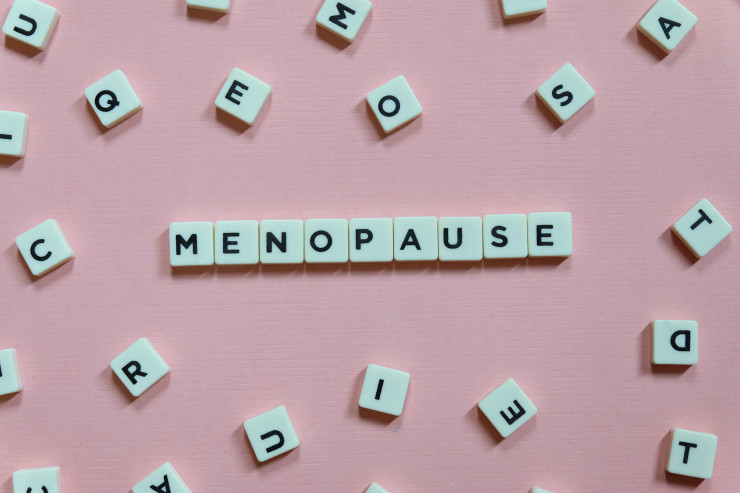The menopause is when a woman stops having periods and is no longer able to fall pregnant naturally. It’s a normal, natural part of ageing that happens when the body produces less of the sex hormone oestrogen and stops ovulating (releasing an egg) each month.
When you’ve gone for 12 months without a menstrual period, you have officially reached the menopause. The average age for this to happen is between 45-55 years old but it can happen earlier or later, depending on genetics. The average age in the UK is 51.
However, around 1 in 100 women reach menopause before the age of 40. This is known as premature menopause and can be caused by genetics, smoking, chemotherapy, surgery and certain conditions.
Here’s some more information about the menopause, including what symptoms you can expect, how long they’re likely to last and what you can do to better manage them.
What are the symptoms of the menopause?
Most women will experience certain menopausal symptoms for many years before and after the menopause itself. These happen as the body attempts to cope with fluctuating hormone levels and adjust to the new hormonal balance.
Some symptoms can be relatively mild, whilst others can be quite debilitating. This can include:
Hot flushes
Night sweats
Difficulty sleeping
Low mood and anxiety
Reduced sex drive
Weight gain
Vaginal dryness and discomfort during sex
‘Brain fog’ (problems with memory and concentration)
Thinning hair
Hirsutism (excessive hair growth)
Changes in menstruation (skipping periods, heavier bleeding, etc.)
These symptoms can start during the perimenopause and last for several years after your last period.
“How do I know if I’m menopausal?”
It’s important to remember that the menopause isn’t an illness and you’re not sick. Therefore, you won’t need to be diagnosed officially by a doctor to be declared ‘menopausal’. Usually, noticing symptoms such as the above are enough to indicate that you are nearing the menopause.
At this time, it can be useful to keep a diary to keep track of when you have periods (if you’re still having any), how long your menstrual cycle is and how much you’re bleeding. This can also help if you decide to visit your GP.
However, if you’re experiencing symptoms of the menopause before the age of 45, you should contact your GP who can carry out a blood test to find out more.
What are the treatments/what can I do about the menopause?
Although the menopause is a natural part of life, that doesn’t mean that you have to struggle with the symptoms. There are many ways in which you can reduce your menopause symptoms and transition through this part of your life with greater ease. This includes:
HRT- Your doctor may prescribe HRT in the form of tablets, skin patches or gels, especially if you are experiencing an early menopause. This replaces oestrogen in your body.
Vaginal creams, lubricants or moisturisers - Using these can help you continue to enjoy your sex life and deal with dryness and discomfort. They’re available at your local branch of Whitworth Pharmacy.
Lifestyle changes - You should also ensure that you’re eating a healthy balanced diet, exercising regularly, sleeping well and reducing your alcohol and cigarette intake if you want to feel better.
Counselling and therapy - The menopause can be difficult for women psychologically, which is why it’s so important to seek community and support. You can reach out to one of the many social groups online or visit your GP and ask to be referred for counselling.
If you’re struggling with the symptoms of the menopause, know that you’re not alone. Pop into your local branch of Whitworth - we can help you find the help and support that you need.



